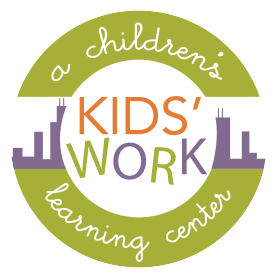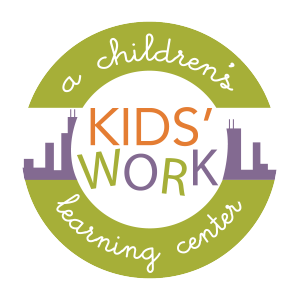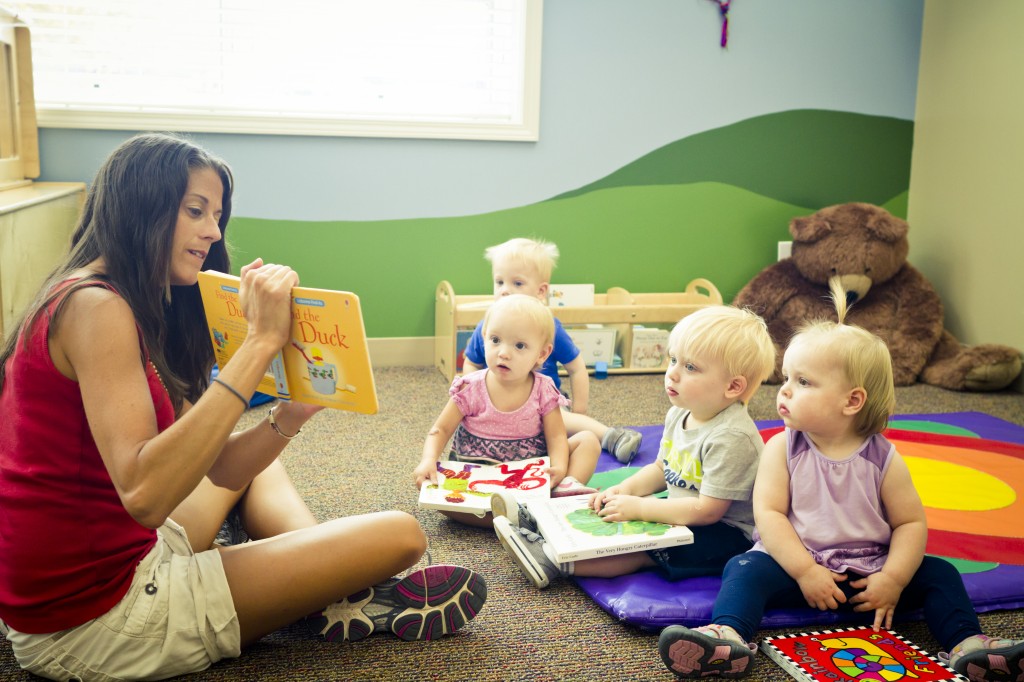Some Chicago parents will put their infant into daycare at a few months old, some will wait until their children are ready for preschool. The age at which you put your child into daycare can vary, but no matter what age your child is when you turn over the reins to daycare or preschool, your child’s degree of readiness can make a big difference on how successful the transition and experience is for them (and you!).
The ages of 0-5 are vital ages for a child’s learning and development. The brain develops the most quickly between ages 0-2, so this is a crucial time to make sure they are actively engaged with you and the rest of the world around them. If your infant is going to be joining a daycare facility in Chicago, you are also going to want to ensure their skills are up to snuff for the interaction and new environment they will be in.
There are several key areas you should take into consideration when assessing your infant’s readiness for daycare and for helping them develop the skills and abilities they should have at their age to be able to thrive when away from home.
The key areas in a child’s growth and readiness for daycare include:
- Cognitive development
- Language/communication skills and development
- Motor skills and coordination
- Social and emotional development
These are all important factors to an infant’s successful transition and readiness for daycare.
How to Help Your Infant Prepare
Here are examples of things you can do at each age and stage of development to help prepare your infant for daycare in Chicago.
Age 1:
- Teach them how to communicate with simple gestures like nodding for “yes” or waving “goodbye”.
- Help them learn to follow simple instructions (one-step directions; example: “Hand me that toy”).
- Since they will be starting to imitate language/words, sounds, and gestures, teach them various words, sounds and gestures to imitate.
- Help them learn to identify objects by pointing at the object or a picture of it when you say the name of the item.
- Help them stand up or walk on their own for a few steps without holding on.
- Teach them to use household objects, such as a hairbrush, a cup, spoon, or pretending to use a telephone.
Age 2:
- Teach them how to follow simple two-part directions, such as, “Go get Fido’s waterbowl from the kitchen and fill it up with water.”
- Help them increase their memory and understanding of their routines and the details of the household – where their cereal and bowl is, where their favorite book is and that we read it at bedtime when we’re in our pajamas, etc.
- Help them master motor skills with things like unscrewing lids, eating with utensils, turning doorknobs, and so on.
- Practice walking up steps, using a railing or something else for support (like your hand) if they need to.
- Practice jumping! Have them show you how high they can jump.
- Put some simple, large-piece puzzles together.
- Practice throwing overhand (and teach them when, where, and what objects are appropriate to throw!).
These are a few examples of some of the things you can be doing as a parent to make sure your infant is progressing at the level they should be, and to help them be ready for daycare. Try to think of other things you can do around the house or neighborhood with them to help develop their skills, remembering the key development areas, and continuing to come up with ways to stimulate and help your infant continually develop and grow their abilities.


